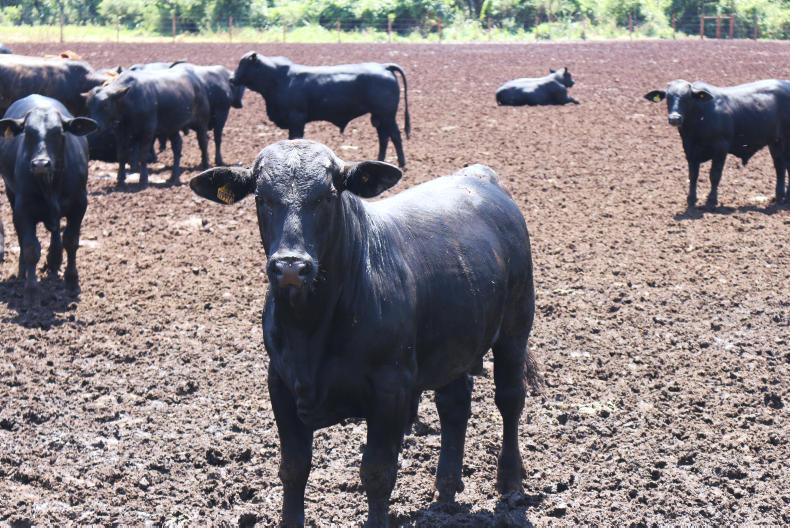The UK farming lobby pushed hard to get it written into law via the UK Agriculture Bill that future food imports must meet the same standard expected of local farmers.
It was an opportunity to set the bar high from the start, and would have benefited many sectors, especially beef. However, while opposition MPs (including those from NI) backed the change, a large government majority in Parliament makes any defeat unlikely at this stage.
While that may be true, it is a rather disingenuous argument, as this deadline is self-imposed by a Boris Johnson-led government
One of the main arguments put forward by government ministers is that it would be impossible to do all the equivalent checks on goods and have everything in place for new trading arrangements by the end of the Brexit transition period of 31 December 2020.
While that may be true, it is a rather disingenuous argument, as this deadline is self-imposed by a Boris Johnson-led government, which seems determined to cut all existing ties with the EU at the end of the year, at all costs.
But at the same time there is some validity in the argument that it could have had unintended consequences, and disrupted the current supply of food in the UK. At present the UK is within an EU that might impose the highest standards in the world on its farmers, but doesn’t exactly require those same standards of some imports (eg genetically modified soya or south American beef).
The decision is welcome, but if the UK had dropped all its tariffs to low or even zero levels, then it starts out any negotiation with a weak hand
In addition, the UK wants as much flexibility as possible as it tries to do quick post-Brexit free trade deals, and this would be a much more cumbersome process if detailed discussions on standards are required.
Finally, we also need to look behind the reasons why the UK government has decided to maintain a high tariff wall for agricultural produce. The decision is welcome, but if the UK had dropped all its tariffs to low or even zero levels, then it starts out any negotiation with a weak hand. Ultimately the future of UK farmers depends on how much tariff-free access government is willing to give away.
Read more
Coronavirus package for NI agriculture announced
UK to maintain agricultural tariffs
The UK farming lobby pushed hard to get it written into law via the UK Agriculture Bill that future food imports must meet the same standard expected of local farmers.
It was an opportunity to set the bar high from the start, and would have benefited many sectors, especially beef. However, while opposition MPs (including those from NI) backed the change, a large government majority in Parliament makes any defeat unlikely at this stage.
While that may be true, it is a rather disingenuous argument, as this deadline is self-imposed by a Boris Johnson-led government
One of the main arguments put forward by government ministers is that it would be impossible to do all the equivalent checks on goods and have everything in place for new trading arrangements by the end of the Brexit transition period of 31 December 2020.
While that may be true, it is a rather disingenuous argument, as this deadline is self-imposed by a Boris Johnson-led government, which seems determined to cut all existing ties with the EU at the end of the year, at all costs.
But at the same time there is some validity in the argument that it could have had unintended consequences, and disrupted the current supply of food in the UK. At present the UK is within an EU that might impose the highest standards in the world on its farmers, but doesn’t exactly require those same standards of some imports (eg genetically modified soya or south American beef).
The decision is welcome, but if the UK had dropped all its tariffs to low or even zero levels, then it starts out any negotiation with a weak hand
In addition, the UK wants as much flexibility as possible as it tries to do quick post-Brexit free trade deals, and this would be a much more cumbersome process if detailed discussions on standards are required.
Finally, we also need to look behind the reasons why the UK government has decided to maintain a high tariff wall for agricultural produce. The decision is welcome, but if the UK had dropped all its tariffs to low or even zero levels, then it starts out any negotiation with a weak hand. Ultimately the future of UK farmers depends on how much tariff-free access government is willing to give away.
Read more
Coronavirus package for NI agriculture announced
UK to maintain agricultural tariffs






 This is a subscriber-only article
This is a subscriber-only article










SHARING OPTIONS: